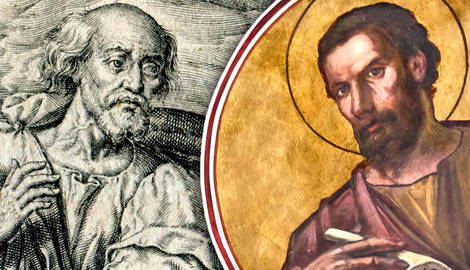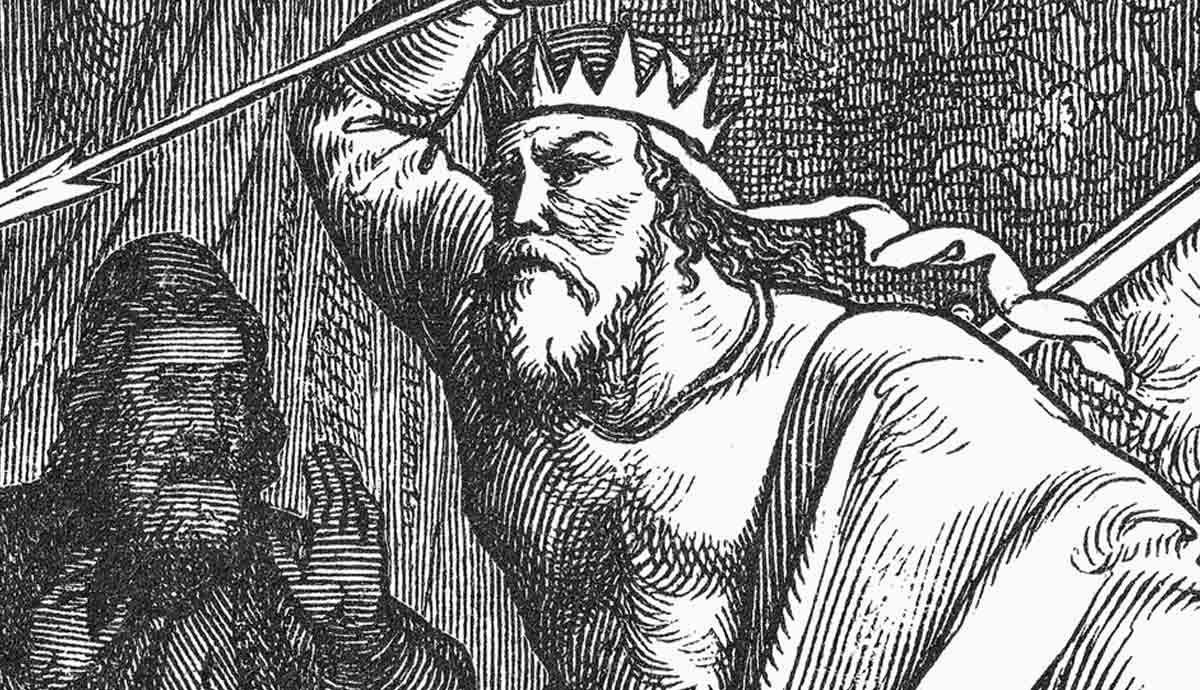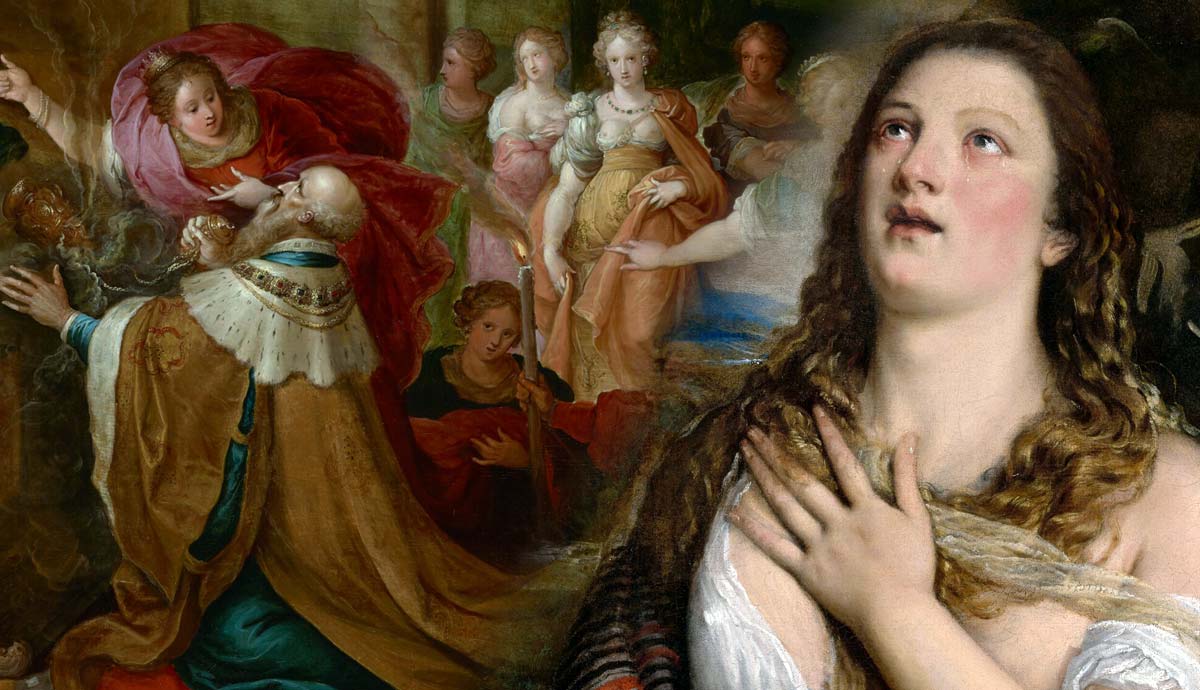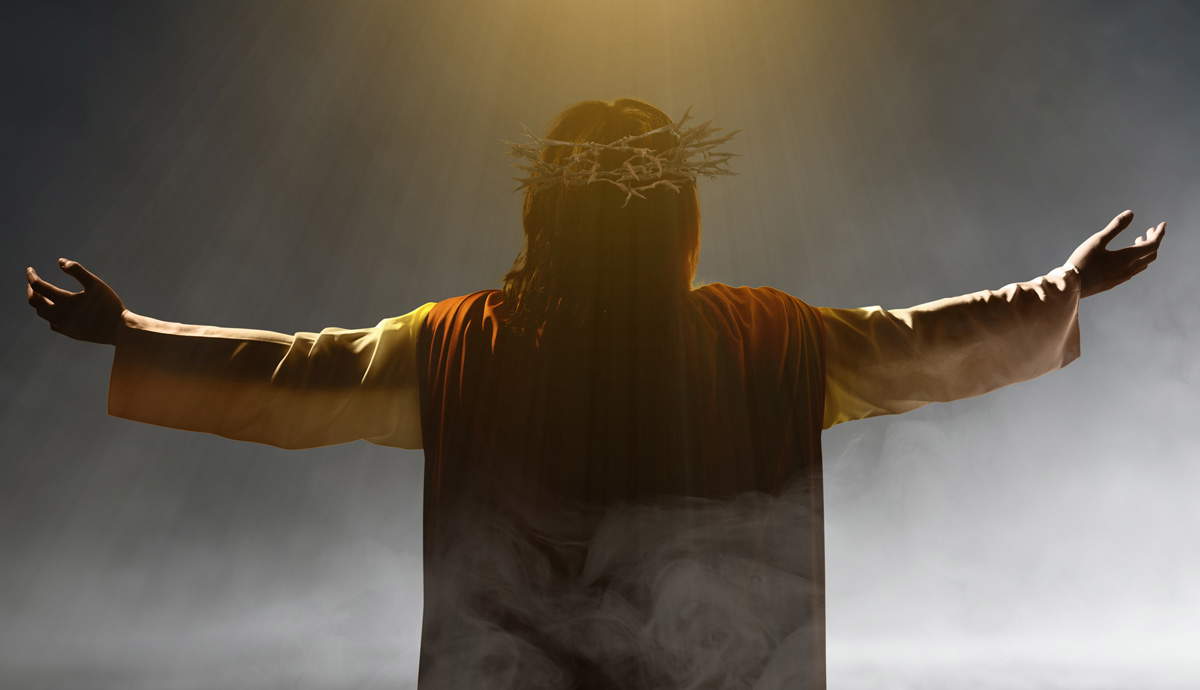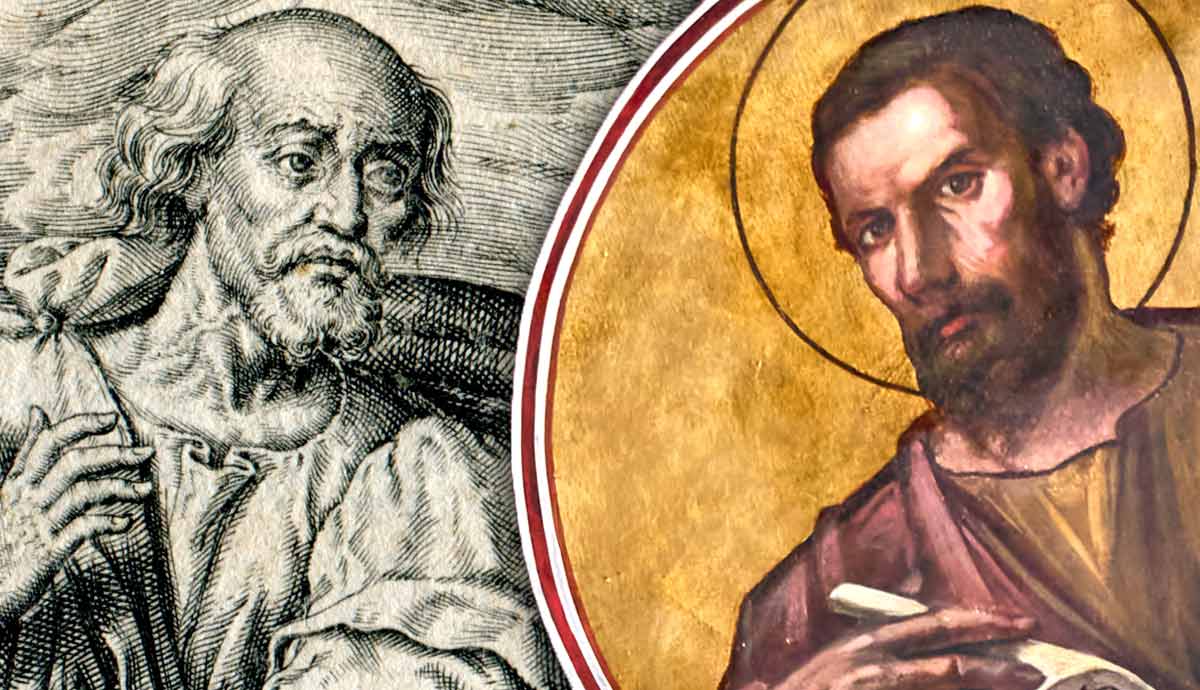
The identity of Malachi is uncertain to the extent that Malachi could either be the name of a prophet, a title, or a pen name of sorts. He was the last of the prophets of the Old Testament to write and from his prophecies, the Jews did not take heed of the warning by Haggai and Zachariah, the two other post-exilic prophets. Though the Temple had been completed about a century before, they engaged in ritual outward display with their hearts far removed from God. Malachi addressed their spiritual apathy.
Authorship and Date

Malachi is likely the most enigmatic of all the Minor Prophets. It is not known if the prophet’s name is Malachi, or whether it is a title. Malachi is the Hebrew word for “my messenger.” The Book of Malachi provides no details about Malachi that contribute to identifying him.
Tradition holds that he was a person, perhaps even a priest due to his criticism of the nation’s neglect toward the priesthood and the corruption among the priests. The scholarly view is more inclined to Malachi being a title or pen name for an otherwise unidentified prophet.
The similarities between the sins detailed in Malachi and Nehemiah suggest that the two may have been contemporaries. If correct, then the date for the Book of Malachi would be sometime between 440-400 BCE.
Historical Context

The Persians allowed the Jews to return to their native land and rebuild Jerusalem and the Temple. The returned exiles were slow to action in doing the reconstruction work and prophets like Haggai and Zachariah were sent to speak to God’s people. Though God pronounced judgment, he also promised to bless them and restore their former glory if they would repent and return to him and build his temple.
The Temple was rebuilt under the governorship of Zerubbabel by 516 BCE and Joshua served as the high priest. It seems like, despite the completed reconstruction, Temple worship had not been restored. Artaxerxes, king of Persia, sent the priest Ezra and several thousand Jews to strengthen the local community and reinstitute Temple worship and the Mosaic Law (Ezra 7:17, 25-26) in 458 BCE.
Later, in 444 BCE, the king sent his cupbearer, Nehemiah, to oversee the rebuilding of the walls of Jerusalem which he completed in 52 days (Nehemiah 6:15). He then worked on the restoration of other infrastructure in the city and also made reforms to social justice issues like caring for the poor, opposing mixed marriages between faiths, sabbath-keeping, tithing, and offerings. These were all reflections of the dismal spiritual state of the people. On completion of his tasks, Nehemiah took up his duties in Persia.
Nehemiah returned to Jerusalem in 433 BCE and found that his work of reform was all for naught. The people disregarded the Sabbath, did not return tithes, intermarried with foreigners, and to cap it all off, the priests had become corrupt. These are all issues Malachi addressed as well, which makes it likely that Malachi ministered during the lifetime of Nehemiah, perhaps between his first and second stint in Jerusalem.
Structure

The Book of Malachi is structured around six disputes where God makes a statement, the people answer by asking how they are guilty of what God said, and God answers by explaining his statement.
Introduction (Malachi 1:1)
Malachi opens with a brief introduction that reveals almost nothing about the author.
First dispute (Malachi 1:2-5)
Gad states that he still loves Israel despite their failures. The people respond by asking “How did God show his love?” God answers that he chose Jacob, their ancestor, over Esau.
Second dispute (Malachi 1:6-2:9)
God accused Israel of despising him and defiling his temple. The people ask how they have done what God alleges. God answers by pointing out how they bring lame and sick offerings instead of the required offerings with no blemish. The corrupt priests who should reject these offensive sacrifices, enable the malpractice.
Third dispute (Malachi 2:10-16)
God accused the men of turning against him and their wives. They answer and ask how they are guilty of the accusation. God said by marrying unbelievers who bring idols into their homes and divorcing without just reason.

Fourth dispute (Malachi 2:17-3:5)
The people then ask where is God’s justice in the face of corruption and injustice? To them, God seems absent and passive. God answers saying he will send a messenger to prepare them for the Lord’s return and the day of the Lord. This messenger will purify them and a remnant free of idolatry and sin will remain.
Fifth dispute (Malachi 5:6-12)
God tells the Israelites to turn back to him, to which they ask “How?” God says that by returning the tithe that sustained the Temple system and the maintenance of the Temple complex.
Sixth dispute
In the final dispute, the people claim that it is pointless to serve God because the wicked succeed and prosper while God does nothing about it. God answers with a story about a faithful remnant and a scroll of remembrance. It reminds the reader of the scriptures that present a record of the past that evokes trust in the future based on God’s character.
Conclusion to Malachi (Malachi 4:1-3)
The conclusion of the book connects to the aspect of a purifying fire that God brought up during the fourth dispute. It portrays the day of the Lord as a joyous event of healing and light.
Conclusion to the Tanak (Malachi 4:4-6)
The Book of Malachi has closing verses that function as a conclusion to the Law and the Prophets, and thus the whole Old Testament. It tells the reader to remember the Torah and that God will send a prophet in the tradition of Elijah to prepare the way for the Lord and return the hearts of the people to God.
Main Themes

Defilement and corruption among God’s people
Malachi focuses on the defilement and corruption among the people of God to the extent that the priests participated in it. It reflected the character and lack of devotion and commitment among God’s people.
Purification
The imagery of the purification of metal by fire, which Zachariah also uses, serves to show how God will purify his people.
A remnant
The idea of a remnant appears in the writings of other Minor Prophets as well, which shows that only a small number of the original people of God will remain faithful in the end. They are those who honor God and they will be remembered by God when the day of the Lord comes.
Key Passages

Malachi 1:8
“When you offer blind animals in sacrifice, is that not evil? And when you offer those who are lame or sick, is that not evil? Present that to your governor; will he accept you or show you favor? Says the LORD of hosts.”
The sacrifices in the ceremonial system were types of Christ who is the antitype. Offering inferior sacrifices reflects the esteem and regard the worshiper has for Christ and portrays him as inferior too.
Malachi 3:1
“Behold, I send my messenger, and he will prepare the way before me. And the Lord whom you seek will suddenly come to his temple; and the messenger of the covenant in whom you delight, behold, he is coming, says the LORD of hosts.”
The New Testament views John the Baptist as the messenger preparing the way for Jesus, who was the ultimate messenger of the covenant.

Malachi 4:1
“For behold, the day is coming, burning like an oven, when all the arrogant and all evildoers will be stubble. The day that is coming shall set them ablaze, says the LORD of hosts, so that it will leave them neither root nor branch.”
The imagery of a furnace that purifies metal and burns away impurities serves as a symbol of how God will purify the wicked from among his people. The imagery of “neither root nor branch” is sometimes used to argue for the annihilation of the wicked at the final judgment.
Malachi 4:4-6
“Remember the law of my servant Moses, the statutes and rules that I commanded him at Horeb for all Israel. ‘Behold, I will send you Elijah the prophet before the great and awesome day of the LORD comes. And he will turn the hearts of fathers to their children and the hearts of children to their fathers, lest I come and strike the land with a decree of utter destruction.’”
These verses serve as a conclusion to the whole Old Testament, bringing the Law and the prophets together and reflecting on God’s desire for a restored relationship with his people.
Contemporary Relevance

Malachi shows the contemporary believer the importance of authentic worship. Methods of worship in the Christian context are different from that of the ceremonial system of the Old Testament, yet the believer should take care not to participate in worship practices that do not honor God.
The reader will find answers to age-old questions about the apparent prosperity of the wicked and the suffering of the faithful. In the end, God, in his sovereignty, will bring about justice for all.
